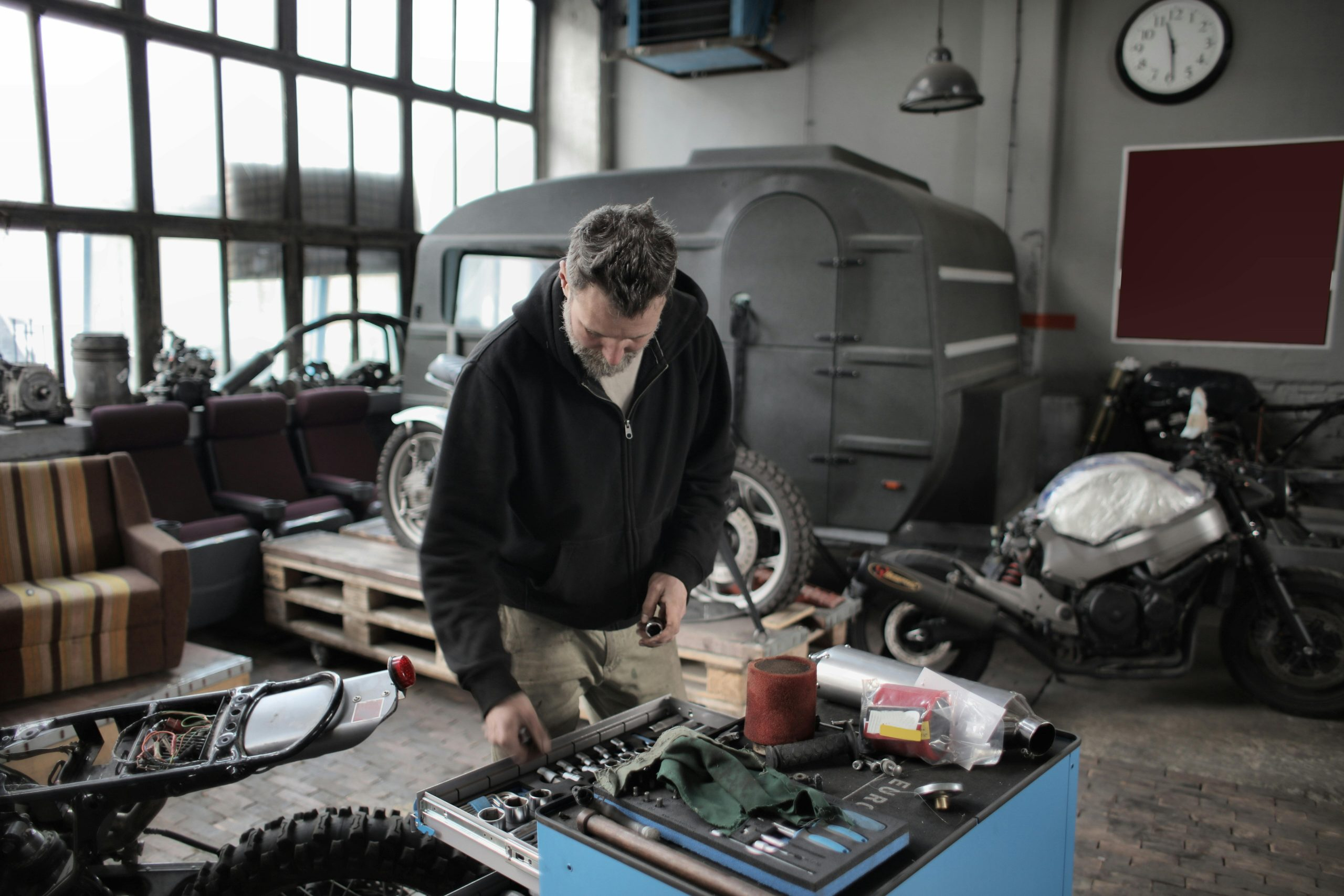Inside the Workshop: Best Practices for Car Engine Longevity
If you’re a car owner, you know that maintaining your vehicle’s engine is crucial for maximizing its lifespan and performance. From regular oil changes to replacing worn-out parts, there are numerous practices that can help extend the longevity of your car’s engine. But have you ever wondered what goes on inside the workshop when your car is being serviced? In this article, we’ll explore the best practices for car engine longevity and give you a glimpse into the inner workings of the workshop.
The Importance of Engine Maintenance
Before delving into the best practices for engine longevity, it’s important to understand why regular maintenance is necessary. Your car’s engine is a complex machine with numerous moving parts that work together to power your vehicle. Over time, these parts can wear down and become less efficient, leading to decreased performance and even potential breakdowns.
Regular maintenance not only helps prevent costly repairs, but it also ensures that your engine is operating at its best. This, in turn, can improve your car’s fuel efficiency, reduce emissions, and ultimately save you money in the long run.
The Workshop Checklist for Engine Maintenance
1. Oil Changes
Oil changes are perhaps the most well-known aspect of engine maintenance. Motor oil lubricates the engine’s moving parts, keeping them from grinding against each other and causing damage. Over time, the oil can become contaminated with dirt, debris, and other impurities, reducing its effectiveness. Regularly changing your car’s oil and oil filter is essential for maintaining a healthy engine.
2. Air Filter Replacement
The air filter is responsible for keeping dust, dirt, and other debris from entering your car’s engine. As you can imagine, it can become clogged over time, preventing air from properly flowing into the engine. This can result in decreased fuel efficiency and even engine damage. Most manufacturers recommend replacing the air filter every 10,000-15,000 miles, but it’s always best to consult your car’s manual.
3. Spark Plug Inspection and Replacement
Spark plugs are small but essential components in your car’s engine. They are responsible for creating the spark that ignites the fuel in the combustion chamber. Over time, spark plugs can become dirty or worn, resulting in misfires, reduced performance, and even engine damage. Most manufacturers recommend replacing spark plugs every 30,000-50,000 miles, but again, consult your car’s manual to determine the best schedule for your specific model.
4. Timing Belt Replacement
The timing belt controls the movement of the engine’s camshaft and crankshaft, ensuring that the valves open and close at the right time. If the timing belt breaks, it can cause serious damage to the engine. Most manufacturers recommend replacing the timing belt between 60,000 and 100,000 miles, depending on the make and model of your vehicle.
5. Cooling System Maintenance
Your car’s engine generates a lot of heat, and the cooling system is responsible for keeping it at a stable temperature. The cooling system includes the radiator, water pump, thermostat, and hoses. Regular maintenance of these components, including flushing and refilling the coolant, can prevent overheating and engine damage.
6. Regular Inspections
Aside from the specific maintenance tasks mentioned above, it’s also crucial to have your car’s engine inspected regularly. A trained technician can identify any potential issues and address them before they become serious problems. They can also check for any leaks, unusual noises, or vibrations that may indicate an underlying issue with the engine.
Trust the Professionals
While there are some maintenance tasks that you can do yourself, it’s always best to have your car serviced by a trained professional. Not only do they have the knowledge and expertise to properly maintain your engine, but they also have access to specialized tools and equipment.
Furthermore, taking your car to a reputable workshop ensures that high-quality parts and fluids are used for your vehicle, keeping it in top condition for longer.
Conclusion
Regular engine maintenance is crucial for keeping your car running smoothly and preventing costly repairs. From oil changes to spark plug replacements, following the best practices for engine longevity and trusting the professionals will ultimately save you time, money, and headaches. So next time you schedule a maintenance appointment for your vehicle, now you know what goes on inside the workshop and why each task is essential for extending your car’s engine longevity.










